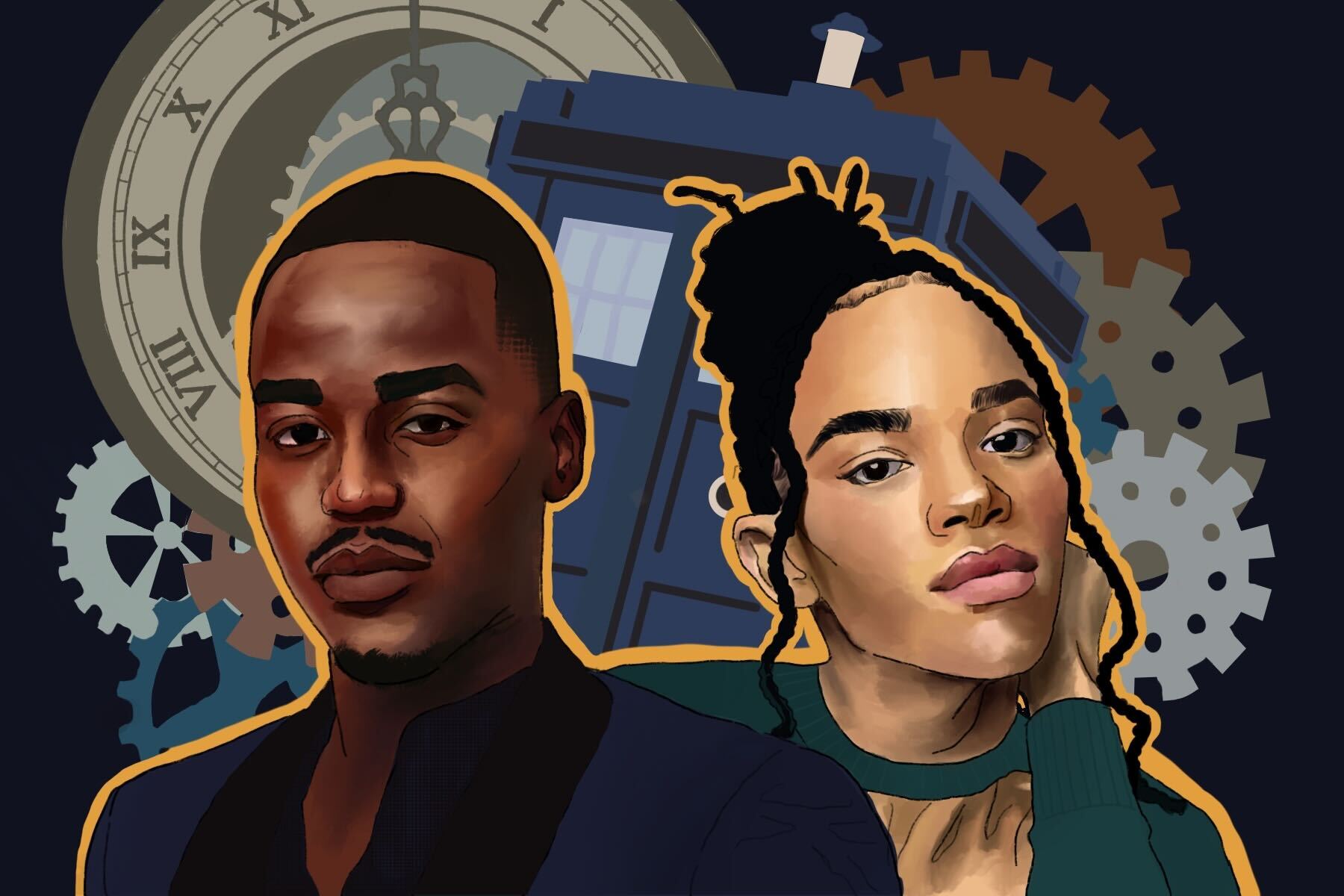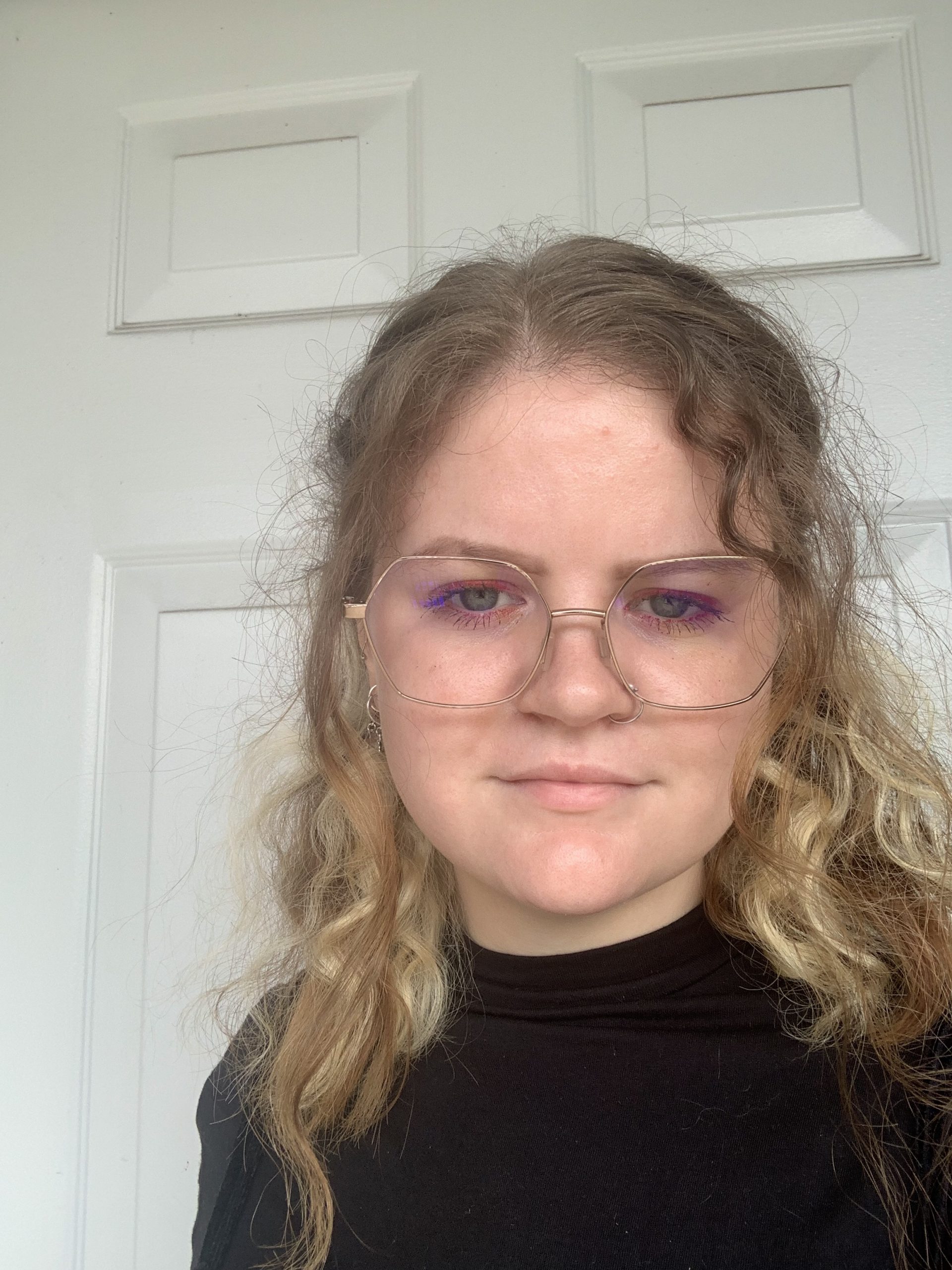“Doctor Who,” which originally aired from 1963 to 1989, has amassed another cult following since the show’s reinvention in 2005. In the 17 years that followed, five actors have played the titular character — the Doctor — adding to the eight “regenerations” of the character in the original series. Jodie Whittaker became the most recent and first female Doctor in 2017, and now, BBC is doing more to increase representation by announcing Ncuti Gatwa as the new regeneration of the title character — the Fourteenth Doctor. Gatwa is the first Black actor to play the iconic character.
Gatwa’s popularity grew due to the Netflix Original “Sex Education,” where he plays the openly gay Eric, the best friend of the main character, Otis. Gatwa has won multiple awards, including a Best Actor – Television Award from the BAFTA Awards in Scotland, and has been nominated for several other awards for his performance in “Sex Education.” He has also performed in a few movies and is currently filming for Greta Gerwig’s upcoming project, “Barbie.” Outside of the screen, he has numerous theater credits, including Demetrius in “A Midsummer Night’s Dream,” performed at Shakespeare’s Globe.
Gatwa is certain to provide a new perspective to “Doctor Who,” but audiences will have to wait over a year to see how the series addresses racial issues. With Whittaker as the Doctor, the show glossed over the issue of sexism for the most part. Sure, the character’s personality and drive did not need to change to become more effeminate, but the Doctor rarely had to contend with misogynistic individuals — a likely common occurrence in a show centered on time and space travel. The closest encounter was in “The Witchfinders,” the eighth episode of Season 12, in which the Doctor and her companions interact with a paranoid King James who is set on hunting witches. If a female Doctor does not have to withstand prejudices, can audiences expect to see a Black Doctor face racism?
“Doctor Who” has addressed racial issues in various moments during past seasons, including the recent episode “Rosa” from Season 11. “Rosa” follows the Doctor and her companions Graham, Ryan and Yaz as they rush to prevent the attempts of another time traveler to stop Rosa Parks from refusing to give up her seat to a white man on the bus in Alabama. The episode focuses heavily on the discrimination that Ryan and Yaz face as BIPOC (Black, Indigenous and people of color) characters in the Southern United States under Jim Crow. For example, Ryan and Yaz are refused service at a restaurant.
With Gatwa as the Doctor, “Doctor Who” can be reimagined to more fully realize the racial issues that have been touched on throughout the series. The show must accomplish what it failed to do with Whittaker — it must confront the issues that the Doctor would face by having an identity other than the white, heterosexual, cisgender, male identities of the previous 12 reincarnations of the character.
The next season of “Doctor Who” will also introduce Yasmin Finney as Gatwa’s companion. Finney will be only the second openly transgender actor on the television series, following actor Bethany Black who made an appearance in the episode “Sleep No More” in Season 9. Because Black’s character only appeared in one episode, Finney will be the first openly transgender actor playing a companion and reoccurring character of the show. Like Gatwa, Finney is also Black, but she will not be the first Black companion (that distinction goes to Martha Jones — or Mickey Smith, if he is considered a companion).
Finney made her television debut on the show “Heartstopper,” which was released earlier this year, and her excellent performance as Elle cemented her as a talented actor to watch for. She will be playing a character named Rose on “Doctor Who.” The announcement caused long-time fans to reminisce over the first two seasons of the new series because the first companion of the Doctor was Rose Tyler; she traveled with the Ninth and Tenth Doctors but left the show with a heartbreaking departure in 2006.
Because Finney is playing a character named Rose, audiences wonder if the two characters relate. Is Rose Tyler the same Rose that Finney will portray? Are the characters connected in some other way? Has Rose somehow gained the ability to regenerate, and if so, how?
Finney will provide a new perspective to the show, and the anticipation surrounding her character will reinvigorate “Doctor Who.” She and Gatwa are certain to excite audiences with their youth and passionate acting. At 18, Finney is on the younger end of the Doctor’s companions, but Gatwa also appears to be younger than most actors for the titular character at age 29. Of all the actors who have portrayed the Doctor in the new series, only Matt Smith began playing the character at a younger age than Gatwa.
Gatwa and Finney are believed to make their first appearances on the show in late 2022 or 2023. Gatwa will be playing the Doctor during the 60th anniversary of “Doctor Who,” which is in November 2023. In addition to Gatwa and Finney, David Tennant and Catherine Tate — who played the Tenth Doctor and companion Donna, respectively — will return in the anniversary episode. Neil Patrick Harris is also reported to be taking on a role in the anniversary special.
Gatwa and Finney have the potential to rejuvenate the series. They are youthful (as Gatwa plays a high school student on “Sex Education” and Finney is still of high school age) and have identities that can extend the scope of “Doctor Who.” These actors are promising, but the writers — and returning showrunner Russell T. Davies — need to provide a story that Gatwa and Finney can tell well. The opportunity for “Doctor Who” to feature more complicated discussions on race, sexuality and gender needs to be seized.
“Doctor Who” remains an influential television series, as it has been over the past 59 years since its debut, but the show has often failed to address complicated topics. With Gatwa and Finney, the show can explore previously overlooked issues and reflect more modern beliefs and ideas.

















